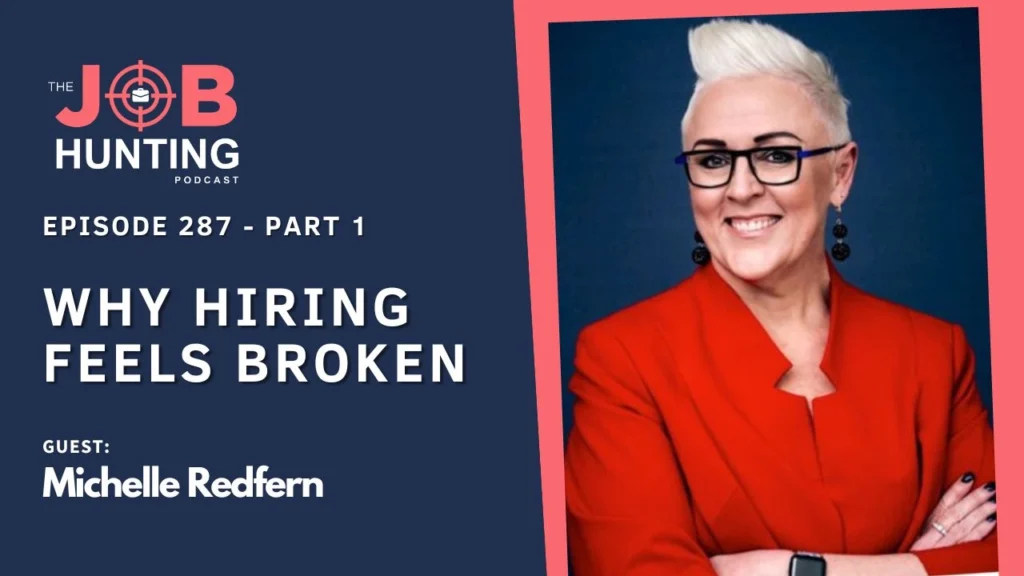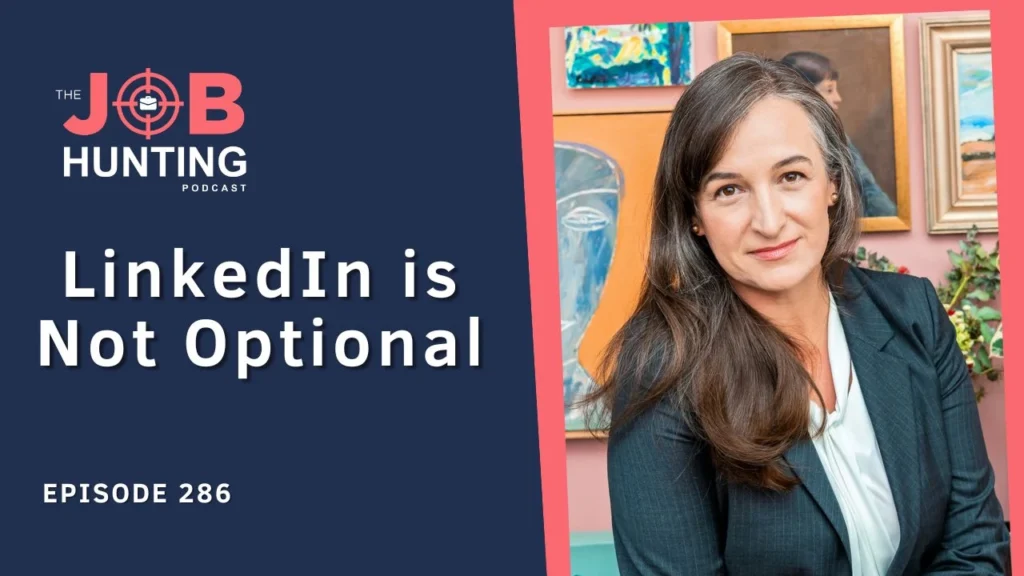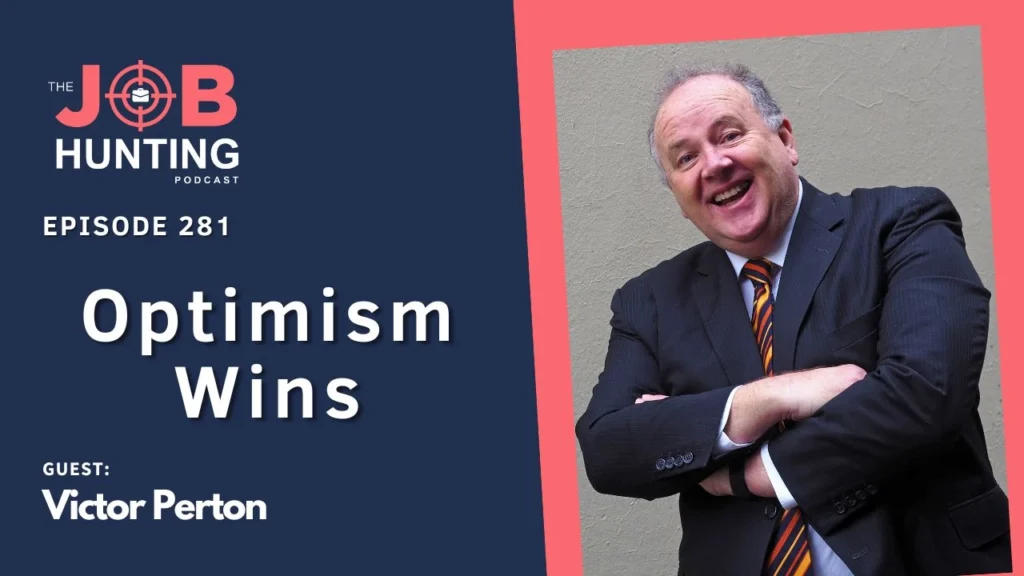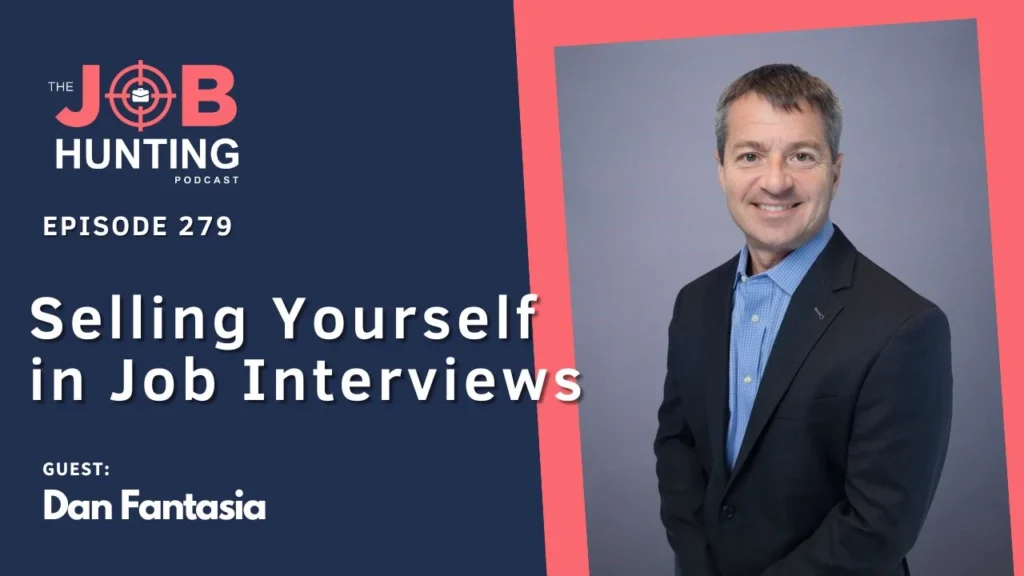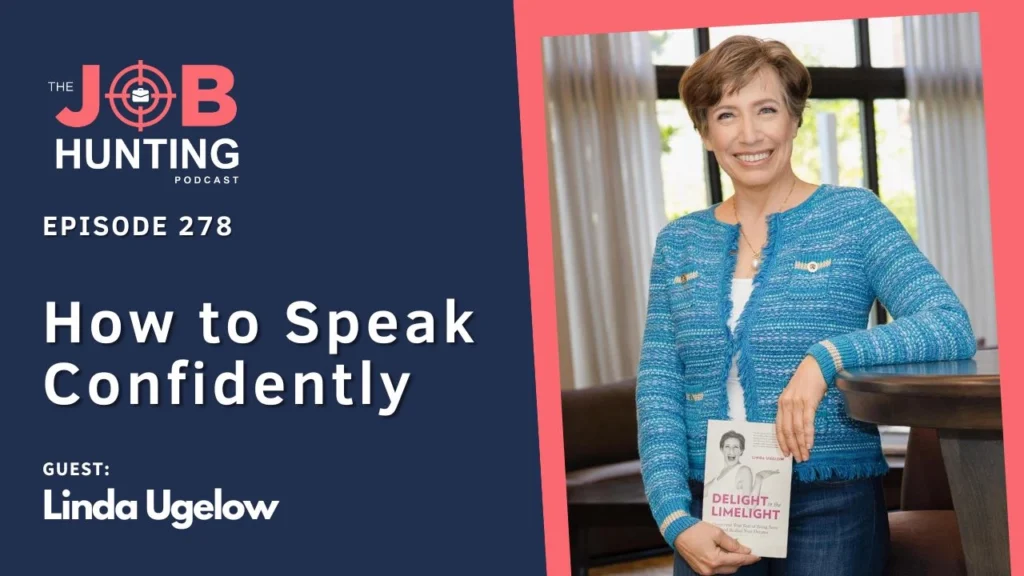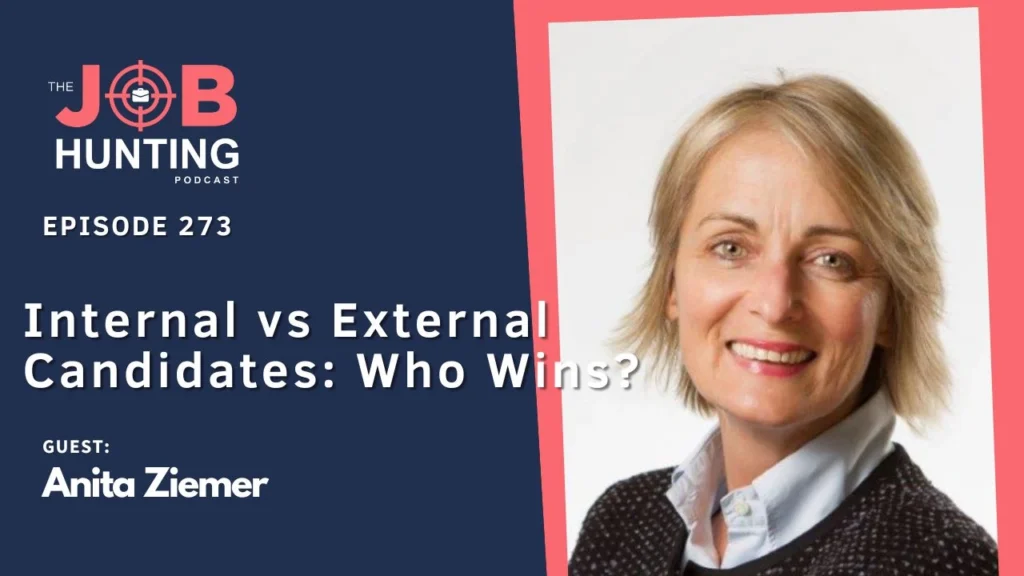Networking with CEOs and senior executives can be quiet. Challenging for some. And it’s hard to know what to do. So welcome. Welcome to the job hunting podcast. If you’re new here. This episode is designed for people that will probably be face-to-face with CEOs and senior executives. Navigating networking events that are coming out towards the end of the year, but frankly it could happen at any time. And you want to impress your bosses or managers or any other top level executives you meet. For example, at conferences. And I’d like to share. Some stories from, you know, my past. At the time when we only were able to meet people face to face. Now there are several other ways where we can bump into people and it’s important to. Understand some crucial. Tips and pointers that I will. Share with you to help you. In these situations. I remember when I arrived in Australia. Many many years ago. So it’s 20, 23. I arrived in 2001. And the started university. Immediately after that a year after that, I started working at the university. And a few years later, I think I attended my first. I would say my first high profile. Lunch event, it was a, an event for women in business. It was a networking lunch for women in business, and it was organized by a Mercer. It was at Merce’s old office in Melbourne. They moved to a new office, but it was in the middle of town. It was calling street, Colleen street. Calling street in Melbourne can be quite. it’s one of those places where you want to be dressed a certain way to walk up and down. So, you know, , it’s such a crowd, it’s a different vibe, you know, there’s a click to it. And I remember feeling. As I was. I didn’t want to impress. I just wanted to. Be one of them. Right. And I was on one of them for sure. I was a migrant. I was not in the corporate sector. I was still working at the university sector. And I really wanted to work on Collins street. It was my dream. I wanted to make a good impression on these people that I was meeting. And I remember. Feeling so excited and nervous and going to this beautiful office and looking out the window and having this most gorgeous views of the beautiful trees along. Calling the street and trying to make this good impression and surrounded by amazing industry heavyweights in a women and men. And trying to find familiar faces among the wound and not finding any. It was a room full of strangers. I was very lucky that I had been invited by somebody and of course I had to be invited by somebody, but it was someone that I knew. So at least there was that one person, but she was the organizer. So I couldn’t rely on spending too much time with somebody that was so busy. And from that point onwards, I understood a few things about myself and how I feel when I go to events like this, the excitement that I feel a bit of stress, a bit of jitters and. How I could improve it every time I remember walking away and thinking, okay, that went well, next time I want to do this. And I want to do that. A little bit better and, you know, and deal with some of these questions a little bit better from that point onwards, I started taking notes. I think it was really at that time when I thought this is important to me, I don’t know how yet this is going to be important, but I want to take notes. And I remember meeting some people that have been in my life. It seems then, you know, that I know of, or, you know, people like I remember that day I met Dahlia Klein. One of the owners of a recruitment firm here in Melbourne called S H K I met Sandy Hutchinson who I’ve interviewed for this podcast and she was at Mercer at the time. And she now has an amazing marketplace solution for career. In outplacement programs or career development or placement programs, I’ll put a link below. So there are some people that I met back then, you know more than a decade ago that I still sort of need to know and connect and I network. So that’s quite interesting. And easy to do. With the help of LinkedIn these days. Since then my career has been all about building connections with Australia’s heavyweights. So I been.
Enrolls. It was all about my roles. My roles were external facing roles. I was account manager and, you know, reached the level of CEO of a not-for-profit here in Australia. And because of those roles I met. Ministers. And premiers and governors and. You know
Industry heavyweights and participated in some amazing opportunities where I got. to know some amazing people. Some of them I’m still connected with. Others have retired and I have retired from corporate life. So it makes really no sense to being involved. But It’s so great to have that behind me so that I can help my clients and, lead them in the right direction when they are trying to make those connections. Be it government nonprofit or in the corporate sector.
So I say this to establish that level of experience. So they, you know, that I have done these things and, and not only I have done this, I had to, it was part of my. My KPIs. To bring those connections to the places that I was working for, you know, either by developing what we call public private partnerships. With organizations or Making sure that we were getting donations and endowments from either governments or. Or wealthy individuals or organizations that wanted to sponsor. Whatever I was doing at the not-for-profit sector or, you know, got them as board members for see the, for example, when I worked at that think tank. So. That was part of my role. I had to do this. I had to be good at networking. Otherwise I had to change professions and, and I think I have a natural. Natural talent for this. And that helps. But I just really dialed it up and I dialed it up on purpose. I think also when you move countries, you have to dial it up. And make that more strategic effort, not just wait for it to happen organically, because that would be too difficult. When you are a migrant and you migrate to a country as an adult, like I did.
So I think considering I am a migrant. And I started here and I’ll show them much later than most of my peers. I probably did have quite a natural talent for this. And I believe that I use that talent to just grow and grow and learn. So I do believe that this can be learned and it can be unlearned as well, which is. Problematic. I say this because I find that with the pandemic and people working remotely or hybrid mode, there are less and less opportunities for us to meet. And then when these opportunities arrive. We don’t take them. So what happened recently was I was invited to speak at an event. It was a panel organized by CPA Australia. And I said, yes. And you know, all the panelists You know, a CFO of a. SAS company and the economist for the Australian chamber of commerce and industry. And myself and I thought, of course, people will come. This is a great event. And it had to be moved to an online webinar instead of a face-to-face event. You know, I think is really sad and really disappointing. But also very normal these days. Right? So we have become quite lazy and we are, have unlearned. How to connect with people. And. Also, I’m not really sure that we have learned the new ways of connecting. Some people have and making the most of it and others are still not really sure how they can actually. You know, Make great connections. In this virtual new world of work. So I’m going to give you, I think, six points on what I believe makes for a great time networking. And. Builds and nurtures. Important people that will have your back and be great for your career and your personal life in years to come. So let’s dive into the pointers.
So, first of all, I’d like you to consider doing your homework before you attend any networking event or. Meetings with senior executives and CEOs. That deep dive is so important. Networking is not just about showing up. I remember the few times when I just showed up and that usually would happen because. It was a last minute invitation or my boss couldn’t go and I had to go on his behalf or something like that. And struggling. I would usually not drive because I think that that is. An added stressor and I would usually take a taxi or an Uber so that I could prepare in the car. That’s how seriously I took these sort of events. And I remember one in particular that happened towards the end of my corporate career. And my boss said, I am so unwell. You have to go. The vice chancellor can’t go. There’s no one else to go. Please go. And it was an event at the U S consulate and I sat next to a very important business man in Australia. And. I didn’t know that he was sitting next to me, so I couldn’t even have prepped for that. And I just. remember feeling like there was a Rolodex inside my head. And I had to find something to talk about. Thankfully we hit it off and we had a great conversation. So that was, the most stressful event I’ve ever attended because the heat is that important. and he was not only important because of his position in leadership, but because what that could represent for my employer. I was there representing my employer. And I knew that our connection with him was important for, for Monash university at the time where I was working. So it’s just an illustration on the stress that it, you can have if you show up and you meet somebody super important and you, you’re not prepared, you don’t know what that person has been up to. You. You haven’t read the news. So. I think that executives are often impressed by individuals. Who’ve taken the time to understand their background, what they’re currently doing. As business men and women. And if you attend an event, like I did that Merce in women’s in business network, you know, I remember looking up the organizers of that event, the people that worked at Mercer that were attending. And making sure that I knew I had understood their buyers. I don’t think we had LinkedIn at the time, but I remember Googling. And reading one of their leaders reports, and that was really useful for me to build a connection with them. And that connection was really important for a long time in my career. So remember to set aside. A few minutes, if not a whole hour. Depending on how important this, this, this could be even longer, right? Before any networking event, look up the attendees. You have LinkedIn. Now there’s really no excuse and do that anonymously. So make sure that you’re on private mode. And note any shared connections you may have. Interests. Maybe common educational backgrounds. Maybe you went to the same university or worked in a similar organization. And keep those notes filed in your head for a little while. I know it’s a lot, but you’ll get better at this with time. Believe me. I know I did, then I don’t have great memory. So I also remember always having a little note pad with me now I use my phone, but before I used to have a little note pad. And I learnt that from a Brazilian politician. Who was famous. For always having a little note pad with him. And would write things down and I’m like, okay, I’m going to be like this person. And keep my notes right there with me. The second thing is to stay relaxed and authentic. Now. It’s super hard. Sometimes when you are attending events that are filled with high profile individual CEOs, senior executives to stay relaxed and, and be authentic. But.
In with a sense of perspective of a 51 year old. I can safely say it’s much easier to be authentic now than 20 years ago, 50 years ago, even 10 years ago. Right. So that authenticity. Now is your golden ticket, right? I believe that high ranking professionals, they can sense when someone is not being authentic when they’re being disingenuous. And I also think that the good, authentic, wonderful leaders. Do value. Your authenticity as well. So the best interactions often stem from. Genuine curiosity, mutual respect. And that really. Authentic willingness to engage. No transactional agendas, no agendas, no asking for favors. No, nothing. Just, you know, Curiosity and a thirst for knowledge. Right. I think that that’s really important. Again, at the Mercer event. I remember I hadn’t anticipated how. Delightful, the conversations would be. And I think that that is something that we often forget if we’re too stressed, if we’re relaxed and we are authentic and we. Don’t feel like an imposter. We have a great time. And if we go and we’re not relaxed and authentic and, and feeling the imposter syndrome of being there. We don’t appreciate and enjoy the opportunities. We may enjoy them later, but not at the time.
So simple chats that can lead to think something better in the future, but not necessarily. So don’t be. Don’t have your expectations set too high. In fact, it’s really interesting right now I had a conversation with a great person, a great connector, and he we organized the zone and he said, look, I have this opportunity for you. Are you interested? And it’s the hardest thing for me to say? No, usually I see a shiny object and I run to it and I said to him, Look, it’s not that I’m not interested. It’s just, I can’t feed it in, you know, right now I’m focused on. Coaching clients and teaching, you know that’s. Those are the two things that I want to focus on. So I’m trying to be focused and I try not to. Steer too far away from it. And I said, look, can I just flip that back to you and say, I’m not interested in your opportunity, but if your, your organization is interested in. Working with me, you know to support your clients is as a career coach and. And yeah, I can have your CEO on my podcast. It would be a pleasure and it can open doors and, you know, introduce the organization to my audience. I think there’s a fit. And he, he was like, awesome, fantastic. So I wrote him an email. But without being too transactional. And I said, look, it was lovely that you showed some interest here is sort of some of the ideas that I just wanted to put in. In an email so that, you know, If you think it’s is a good. Fitch, you can share it with your. With your colleagues internally. And he immediately did that, but I didn’t expect it and I didn’t push too hard. You know, I think that I need to have that. Control over my excitement about the opportunity because it is in fact it would be a very good thing for my business. If it went ahead. But you know, if it doesn’t go ahead and. I’m not going to take it personal. And I didn’t want to make it too transactional either because I really valued this friend and his friendship is more important than anything. So, yeah, so it all worked out well. But maybe it wouldn’t and it would be fine, you know? And I think that that’s what I think needs to happen when you’re networking is going in for those genuine connections and not to too transactional or not transactional at all.
And the third thing is make a memorable impression. I remember many years ago when I was much younger, that I was always trying to fit in and be just like everybody else. And frankly, have you met me? I’m not like anybody. I am super tall. I’m a big person. I have a presence, so. You know, I walk into a room and. I’m tall him, telling you. I’m really tall And I have an accent. Like I opened my mouth. I have an accent. So. I had to come to terms with the fact that I would always stand out even when I didn’t want to. Right. So my personality had to kind of adapt to my. Body , and how the sort of space that I occupy in the world, I suppose. So standing out in a room full of professionals is I think challenging. I have felt challenged by it. Many times You know, my sort of dream would be to sort of walk in and not sort of call too much attention to myself and just slowly sort of. Find my way and look for my crowd. And no, that never happens because I’m too tall. And I like to dress, you know, in colorful clothes that also doesn’t help. But I think that it it’s all about that. Staying relaxed and being authentic as well. And it. It’s about striking a cord. That resonates with the person that you’re talking to. The person that you want to connect with. And I think it’s important to make that memorable impression on people and to own own your space, own your personality, own your, your background and your experience right And I’m saying this almost to my younger self Stop apologizing for the things you haven’t done or stop apologizing or yeah, or. Overexplaining things because in your head you feel like, you know, you’re behind no one cares. Effect until you open your mouth and say things like that. People don’t even know. So they’re not judging you. So I think that that’s kind of how I come to terms with my own self and my own presence. And I own personal corporate experience. I met some amazing people along the way. From whom I learnt as well. So I’m not having a linear career. Being in a country that’s new to me and not knowing a few words when I was trying to explain myself. Not being in the corporate sector, working in higher education when I wanted to be in the corporate sector and not feeling like I had to explain that quite. The other way around. I learned to love educating people on how vibrant and exciting and. The scale of the work and academic world that I was working in and how important that is. So.
Always have a few go-to stories. I think that that’s really good too. I remember having a go-to story. Because people would pick up on my accent where I asked where I was from. And I remember one of my go-to stories was. Explaining how I chose my Australian football team. So those things are sort of good stories. if you notice that they click that’s a pattern of success. Just repeat, rinse and repeat, rinse and repeat. Don’t try to find. You don’t need sort of come up with more and more stories if you’re going to different events. And have those that pitch that per the personal pitch or information about yourself that you can deliver. Succintly and not too verbose about it. Not don’t waffle on for too long. It’s an event where people want to meet and greet. So they want to get to know you and then possibly move on and talk to other people. But have those conversations. Up your sleeve that you can use and feel comfortable talking about them because if you’ve practiced for them in your mind or out loud, They are great icebreakers and it will make you feel more comfortable as well.
Number four. Stay present. And respectful. The attention span of top executives is razor thin. Right. They have a packed schedule. So when you sharing your engaging. Yet concise is really important. And don’t try to Sort of control their time too much. Remember that they need to move on either because they are the speaker or because they’re on a panel. Or because they have other people that are attending the event that they want to talk to. So be concise, be respectful. Introduce yourself. Explain what you do. Try to find some sort of connection. And, and let them move on and thank them for their time. I once. Witnessed an individual go into a very long. When did story and that person failed to notice. That the executives. Interests was just fading and fading. And the conversation became quite awkward and forest. And I see that. I remember seeing that very often. events. You know, when you’re in an event and then there’s an important person at the event. And a lot of people stand by around them. Try to talk to other people, frankly. There is like a room full of people. Let’s say a hundred people. There are maybe 10 people waiting to speak to this person. Do you think you’re going to have a high quality conversation with that person? Probably not. But you could be, you could turn around and find somebody who is not talking to anyone. And have the best time. And I have met so many amazing people that way. Remember that? That person may be. I mean, if you’re interested in meeting top CEOs and senior executives, that person can be just as important. But even if they are, you know, your careers will advance together and it will be great for you. To meet other people in those events. So. Remember to stay present. Be respectful of people’s time and pay close attention to those verbal cues, that body language, when it shifts and moves, if it’s moving away from you. Move away. I remember sitting next to a Very senior captain of industry here in Australia, I’ll say his name. So rod, dad, internet, he is quite well known here. He has had many important roles here and. At the time he also served as a board member and a Brazilian company. And I’m Brazilian. So we match a few times and we would always talk about Brazil. And my boss came into the room. And so rod and myself, we had the same body language. We were sitting in a very similar way. You know, facing each other, but I think our legs were crossed in the same way. Our hands and light boss later commented. You had the same body language. You both had the same body language. And I said, I, we didn’t even notice. I think I was explaining something to him and we were just really sort of catching up on. Stories about presale and the things he was doing when he, when he went there. So that I think saves a lot. when you can notice the body language is vibing, then that’s a good way of, knowing that the conversation that you’re having with that very. Senior important person is going well, but if they’re moving your way, that’s fine. You know, just thank them for their time and sense that they, they need to talk to somebody else.
If you sense you’re losing their interest in gracefully, gracefully pivot and wrap up the conversation and help them out. I think that that’s really important. Number five, the power of association. So after a meaningful conversation with an executive, you might find yourself becoming a magnet for other attendees. So I in, you know, especially at my time at seed, if somebody saw me talking to someone special, I would then have several other attendees approach, may curious to know about whatever interaction I had had with, with that person. So be ready to capitalize on that new found interest without breaking confidence. Right. So introduce yourself confidently and, and use this opportunity to learn more about new people and. And make new connections and remember not to break confidence or overstep or. Waffle on or savings. That you shouldn’t about the private conversation you had with an individual. And I I’ve had that happen quite a few times as well. I think it was because the sort of roles that I have had. So I don’t know that this is a common. But it’s just something that I thought it was important to keep in mind because you can really capitalize on this interest. And, and, but you still have to make sure you don’t overstep.
And finally follow up promptly. So the deep dive post event actions can really solidify or break potential connections. And I believe that a prompt and personalized. Follow up is a non-negotiable. So remember that event that I went, that I explained before at the us consulate, and I sat next to this important captain of industry that I knew was going to be. An exciting connection for. For my, team and. And I remember going back, he had given me his mobile number and I immediately called my boss and I immediately called his secretary and organized something that. You know that they, could follow up on. I think that that is really important because if I had waited two, three days, and this is what I explained to my team as well, this is so important. It needs to be done right now. If we wait a week, he will forget about me. And I think that that is really important with everything sometimes. People, well, you know, clients of mine or people that book. Consultations, they say, oh, you know, a recruiter contacted me last Monday and you know, should I reply? And I’m like, it’s possibly too late now. So, you know, and I think sometimes people really do forget the sense of urgency. And the importance of timing. Timing is everything right. So. Always. Remember to follow up and always refer to the specific moment or topic of your conversation. In your followup because it helps that person. Remember you, if they were in an event. One of my pet peeves if you’ve been listening to this podcast for a long time, you know, one of my pet peeves is when somebody connects with me, tries to connect with me on LinkedIn, without telling me who they are. Because I won’t know because you know, a gazillion people try to connect with me on LinkedIn and I want to know who you are. So today I connected with two or three people. But I had to go to their profiles and see who they were and I’m like, oh yeah, yeah. I remember her. Yeah. Well, You know, and, I don’t have a good memory. I said that before. So I think it’s important to say, Hey, run out. It was nice to meet you last week. it was so great to be introduced to you by whoever. I hope we can keep up you know, And sort of keep connected on LinkedIn. Why not, it takes. Half a second. And it’s okay. Half a minute. To write that. And I think it’s so much easier for whoever you’re trying to connect with on LinkedIn. To explain what the connection is all about.
I loved discussing this with you. I want you to know that all of what I just said can also be done virtually. I am a big believer in the power of LinkedIn messaging and commenting. You know, if you follow a. You know CEO. Or a board member and they are good users of LinkedIn or Twitter and they post regularly. You can connect with them initially by just commenting of what they wrote. You know, if, if you have a genuine interest in what the. Discussed in there. Boast. Let them know, people love getting comments on their LinkedIn posts. So please think about that. And private message them. I’ve mentioned before. The importance of private messages to say, okay, I saw you on TV or I saw you deliver I wire. Wire attended a webinar. You delivered this amazing speech. I found it very inspiration though. It has helped me deal with X, Y, and Zed here at work. And I just wanted to say, thank you. Send them a message. I have that all the time. Those are my. Well, it was. Sort of favorite ways of connecting with people on LinkedIn is when I, you know, send them messages like that or vice versa. And I’d love for you to give it a go as well. I make it count, make it count. All right, everybody. I think that I have today pulled back the curtain on the sort of new asked art of networking with top level executives. It’s nothing new, is it? It’s probably stuff that you already. New anyway, but I’m glad that at least it’s sort of organized in this episode so I can send it to clients when they ask. And hopefully it will help you too. It’s based on my past experiences and the evolution of my professional career. So, if you have any additions or comments that you would like to share with me, Follow me on LinkedIn or any other social media. Channahan this episode comes out. Send me. Comment on my posts or send me a message. I would love to hear from you. Remember that you can also subscribe to my newsletter. It’s the job hunting newsletter. It goes out every week with the new episode of the job hunting podcast and other resources and ideas that I truly believe help people that are. Interested in career planning, career advancement, job hunting. And I choose them specially for you for that point in time, that week. As you have. Yeah, I have already told you this episode is coming out. mid-October because I think this is the right time for this conversation to happen as we move towards the end of the year. And so many events that happening in the corporate sector. Wishing you all the best of luck with those events. Let me know how they go. Let me know if you used any of the tips that we discussed today and I will see you next time. Bye. For now.


